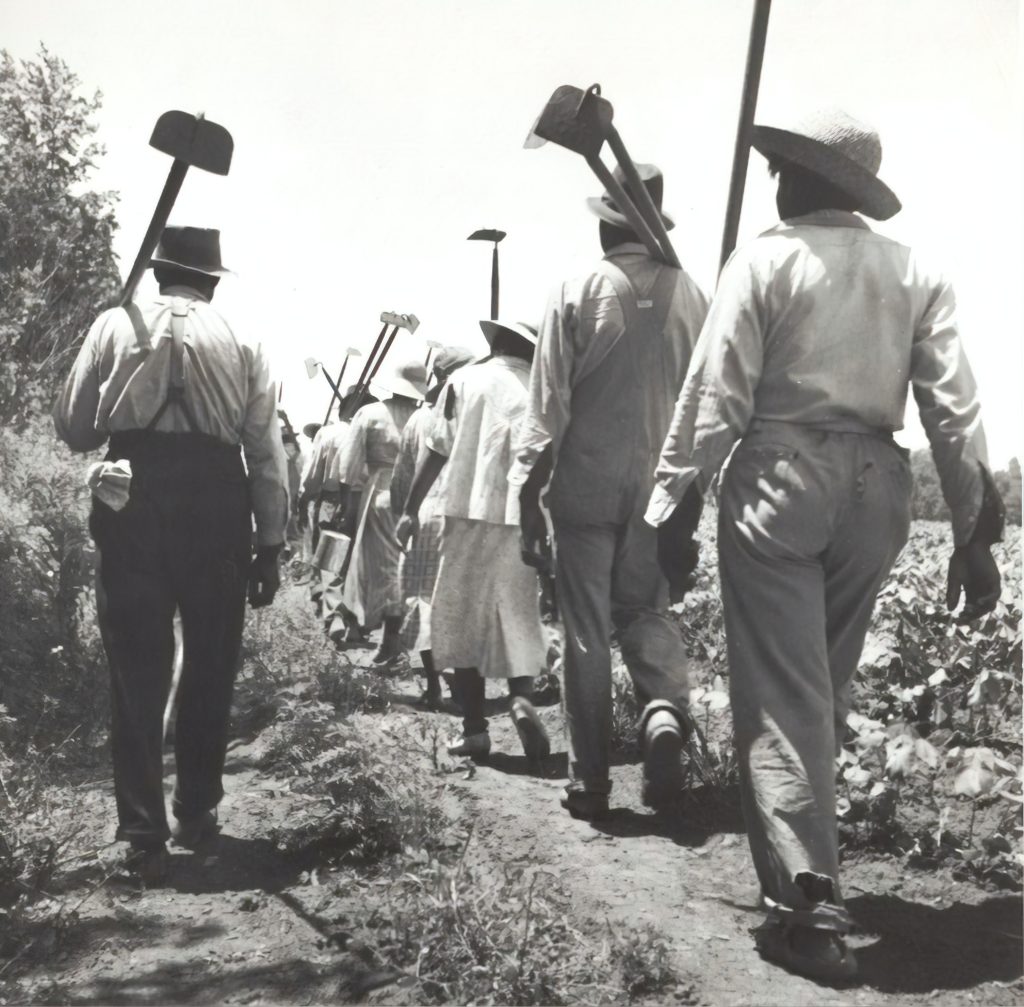
As an Arkansan born and raised, I was shocked to discover that one of the deadliest racial conflicts in American history happened right in my home state. The Elaine Massacre of 1919 is a tragic and dark chapter in Arkansas’ history, yet it is often left out of textbooks and public discussions. It wasn’t until recently that my wife presented me with an article she saw in the online Smithsonian magazine.
The Elaine massacre occurred in Elaine, Arkansas, in 1919 and is considered one of the deadliest racial conflicts in U.S. history. The event began when black sharecroppers in Phillips County attempted to unionize and demand better working conditions and fair pay. White plantation owners and law enforcement officials saw this as a threat to their control over the labor force and responded with violence.
On the night of September 30, 1919, a group of armed white men, including law enforcement officers, attacked a meeting of black sharecroppers in Elaine. The black sharecroppers were unarmed, and the attack resulted in the deaths of one white man and an unknown number of black people. In the days that followed, the violence escalated, with white mobs attacking and killing black residents indiscriminately. Estimates suggest that between 100 and 240 black people were killed, and many more were injured.
The massacre was followed by a sham trial in which twelve black sharecroppers were convicted of murder and sentenced to death. The case eventually made its way to the U.S. Supreme Court, which overturned the convictions and ruled that the black sharecroppers had been denied due process.
The Elaine massacre was a tragic example of the violence and oppression that African Americans faced during the Jim Crow era in the Southern United States. It highlighted the danger of speaking out against racial injustice and the lengths to which some would go to maintain white supremacy.
The Elaine Massacre is a powerful reminder of the resilience and courage of those who fought against oppression and injustice. By acknowledging our past and learning from it, we can move towards a brighter future where equality and justice are upheld for all. As an Arkansan, I am proud to share a little-known part of our state’s history and hopeful that this knowledge can inspire positive change in our communities. Let us continue to strive towards a better future for all. Be sure to check out my blog for help or inspiration.